Description
Xanthi – Torch Relay Greek Route
Athens 2004 Olympic Games Pin
The Olympic Flame past from Greek City, Xanthi.
The 2004 Summer Olympics Torch Relay took the Olympic Flame across every habitable continent, returning to Athens, Greece. Every citywhich had hosted the Summer Olympics was revisited by the torch, as well as several other cities chosen for their international importance.
The relay was the first time the Olympic flame had travelled to Africa, India and South America. The flame was transported from country to country aboard a specially-equipped Boeing 747 leased from Atlanta Icelandic (Registration TF-ARO) called Zeus. On board the flame was carried and burned continuously in specially modified miners lamps.
Folk and History Museum of Xanthi
It was founded in 1975 and is housed in the Kougioumtzoglou mansion, in the old city of Xanthi. The building, an exhibition itself, is a historical evidence of the social and economic life of a city that flourished in the early 20th century.
The 80%of the permanent collections was preserved by benefactors’ subscription. Today are exhibited evidences of the public and private, the social, economic and religious life of the city and the countryside in the early 20th century.
At the same time, there are workshops and educational programmes making a dent of new creation in the city. The Folk and History Museum of Xanthi is the institution which acquired, preserved and explored the elements of the city’s modern history.
It communicates exposing the material evidence of people and their environment, which contributed to the formation of the local character and aims at continuing the study of these, the education and the entertainment of visitors.
Therefore, the visiting guidance of the ground floor gives the visitors the chance to take a taste of the city’s recent history. Then, the exhibition “Xanthi 1860-1940, a period of acme” presents the bourgeoisie and the tobacco merchants. On the ground floor are located the Gift shop, and the film screening, lecture and concert room and the educational activities hall.
On the first floor the exhibition “Xanthi 1860 -1940, a period of acme” continues at one of the building’s wings. On this floor the temporary exhibitions are also held. Every month there is a different exhibition of new artists. In the same wing is located the office of Katina Veikou Serameti, the research centre of the museum.
In another wing the workshops for the educational programmes, the conservation and the informatics centre are operating. One wing of the basement is devoted to the exhibition “Everyday life and holidays” that constitutes the agricultural and ranching life in Thrace.
In the second wing of the basement is exhibited the “Entrepreneurship in Xanthi in the early 20th century – Businessmen – Working class”, based on a professional guide of 1910-1911. Last but not least, in the back yard there are two individual Turkish baths for both men and women and the little Church of Saints Akindinoi.
We underline that the building itself is a gem for both the exterior with symmetrical designs, and for the interior decor with wooden ceilings, frescoes and exceptional ceiling paintings. The Folk and History Museum of Xanthi operates as an exhibit, as a model that the visitor uses to discover Xanthi.
The pin depicts the Torchbearer passing from a monument of Xanthi city
Product: Olympic Pin
Pin code: #04-162-045
Tiraz: <1.000pcs
Official Licensed Product
Licensed Manufacturer: Efsimon Collection
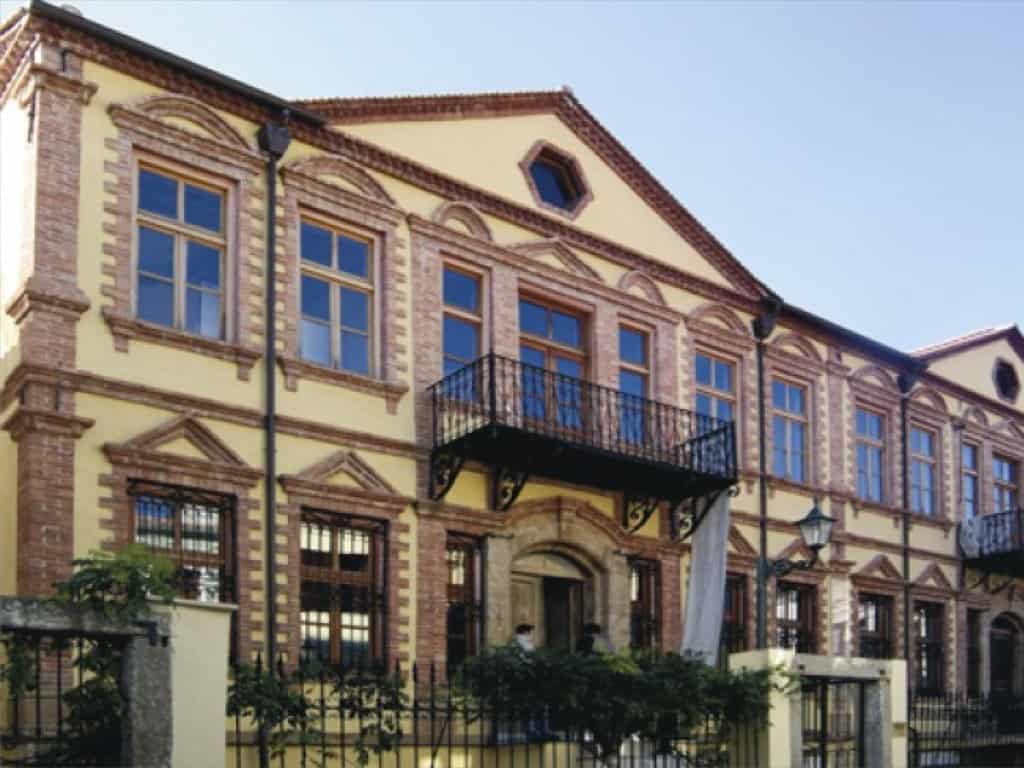
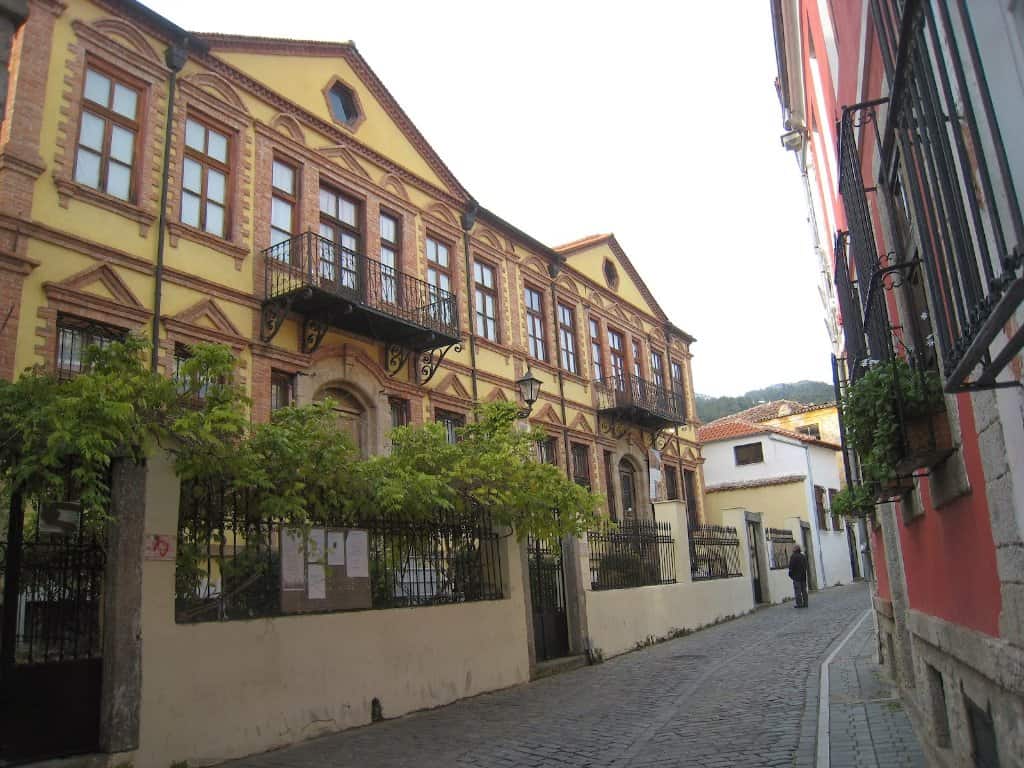
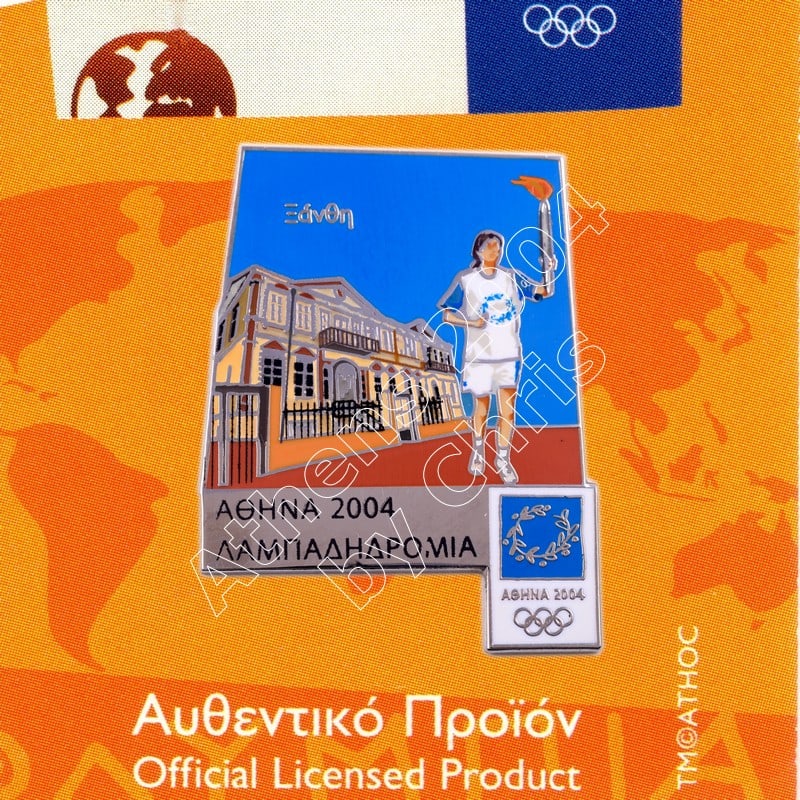
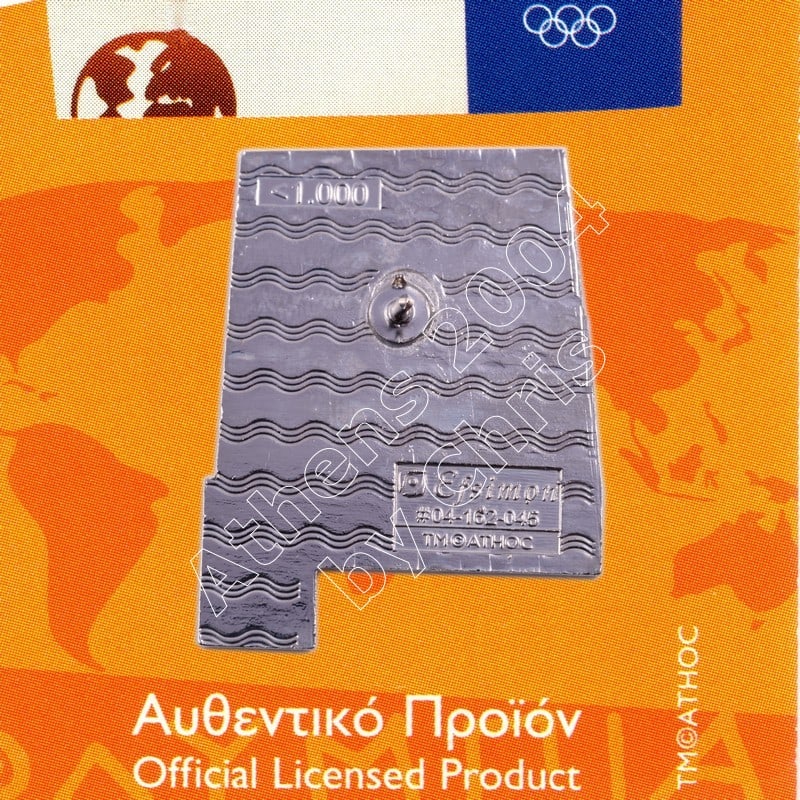

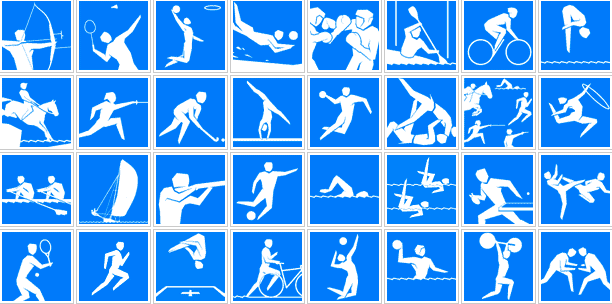

Reviews
There are no reviews yet.